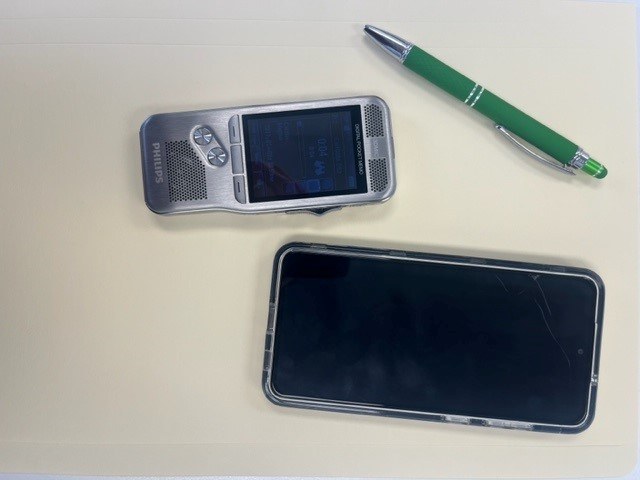
The Commonwealth Evidence Act provides that illegally obtained secret recordings are not admissible in Family Law cases unless the benefit of the evidence outweighs the undesirability of admitting illegally obtained evidence.
In South Australia the Surveillance Devices Act 2016 regulates the recording of private conversations and the use of those recordings. The Act prohibits using a listening device to record a private conversation without the consent of all parties.
In Family Law proceedings, the Court has a discretion to admit illegally obtained evidence, such as illegally obtained recordings, if probative value of the evidence and the importance of the evidence outweigh the undesirability of allowing illegally obtained evidence to be used.
In Shelbourne & Shelbourne [2017] FamCa 761 a single judge of the Family Court of Australia allowed video recordings taken by the father, which depicted the mother engaging in acts of family violence, to be admitted in evidence. The Court found that the videos had been taken to protect the father’s interest in circumstances where the mother had made allegations of family violence against the father and the recordings assisted to dispel the mother’s allegations.
In Nagel & Clay [2020] FamCa 326 a single judge of the Family Court of Australia excluded recordings made by the mother, finding the prejudicial nature of the recordings outweighed their probative value.
The Court has held that it will be slow to encourage parties to use illegally obtained evidence in an age where electronic devices present opportunity to covertly make audio and video recordings and that it is necessary that the Court recognise the operation of State Law making it illegal to covertly record private conversation.
